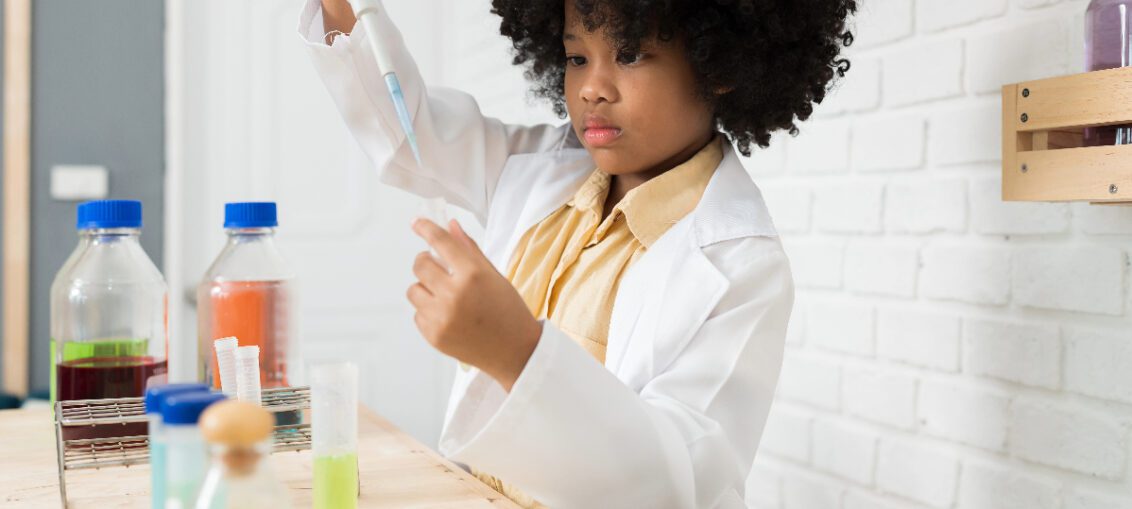
Education is a potent instrument for empowering individuals and communities. When girls and women are educated, they can make informed decisions, access better job opportunities, and contribute significantly to their societies. This article explores various successful programs that focus on bridging the gender gap in education globally and how individuals and organizations can support these initiatives.
-
Global Partnerships and Programs:
-
UNESCO’s Initiative: Under the Global Partnership for Girls’ and Women’s Education “Better Life, Better Future”, UNESCO, in collaboration with UN Women and UNFPA, initiated a program aimed at empowering adolescent girls and young women through education. This initiative adopts a holistic, multi-sectoral approach focusing on quality education. It strives to break the cycle of exclusion and vulnerability faced by girls and women, especially in countries where educational challenges are significant. The program has a comprehensive objective to ensure that girls and young women benefit from a full cycle of quality education, are empowered with relevant knowledge and skills, and are supported in transitioning into adulthood and the labor market. Individuals and organizations can contribute to UNESCO’s efforts by partnering with the Joint Programme1.
-
Girls on the Run and Girl Scouts Programs: These programs provide a platform for girls to develop life skills through physical activity-based youth development and interactive lessons. Girl Scouts offers programs for 2.8 million members globally, focusing on girls’ development, while Girls on the Run targets girls in 3rd to 8th grade, aiming to nurture life skills through interactive lessons and running games2.
-
Girls Inc.: This organization ensures that girls have access to the knowledge, resources, and skills necessary for living healthy lives and accessing meaningful educational opportunities. It also advocates for policies combating sexual violence and supports girls who have experienced trauma3.
-
Always Puberty and Confidence Education Program: For over 35 years, this program has been providing free educational resources and samples to help girls, teachers, and parents understand the changes girls go through during puberty and how to cope with them4.
-
-
Supporting Girls’ and Women’s Education:
-
Individual and Organizational Support: Support can come from individuals, organizations, or even governments. The American Association of University Women, for instance, works to break educational and economic barriers for women and girls through advocacy, education, charity work, and research. It focuses its advocacy work on promoting gender equality in education and economic opportunities5.
-
Investing in Girls’ Education: Investments in girls’ education can transform communities and countries, leading to better health, higher incomes, and improved quality of life. Supporting policies that prioritize girls’ education and gender equality can significantly contribute to bridging the gender gap in education globally6.
-
Conclusion: Empowering girls and women through education is a sustainable approach to achieving gender equality. By supporting these initiatives, individuals and organizations can contribute to building a more equitable and inclusive society. Through collective effort and sustained support, it’s possible to bridge the gender gap in education and foster a better future for all.
